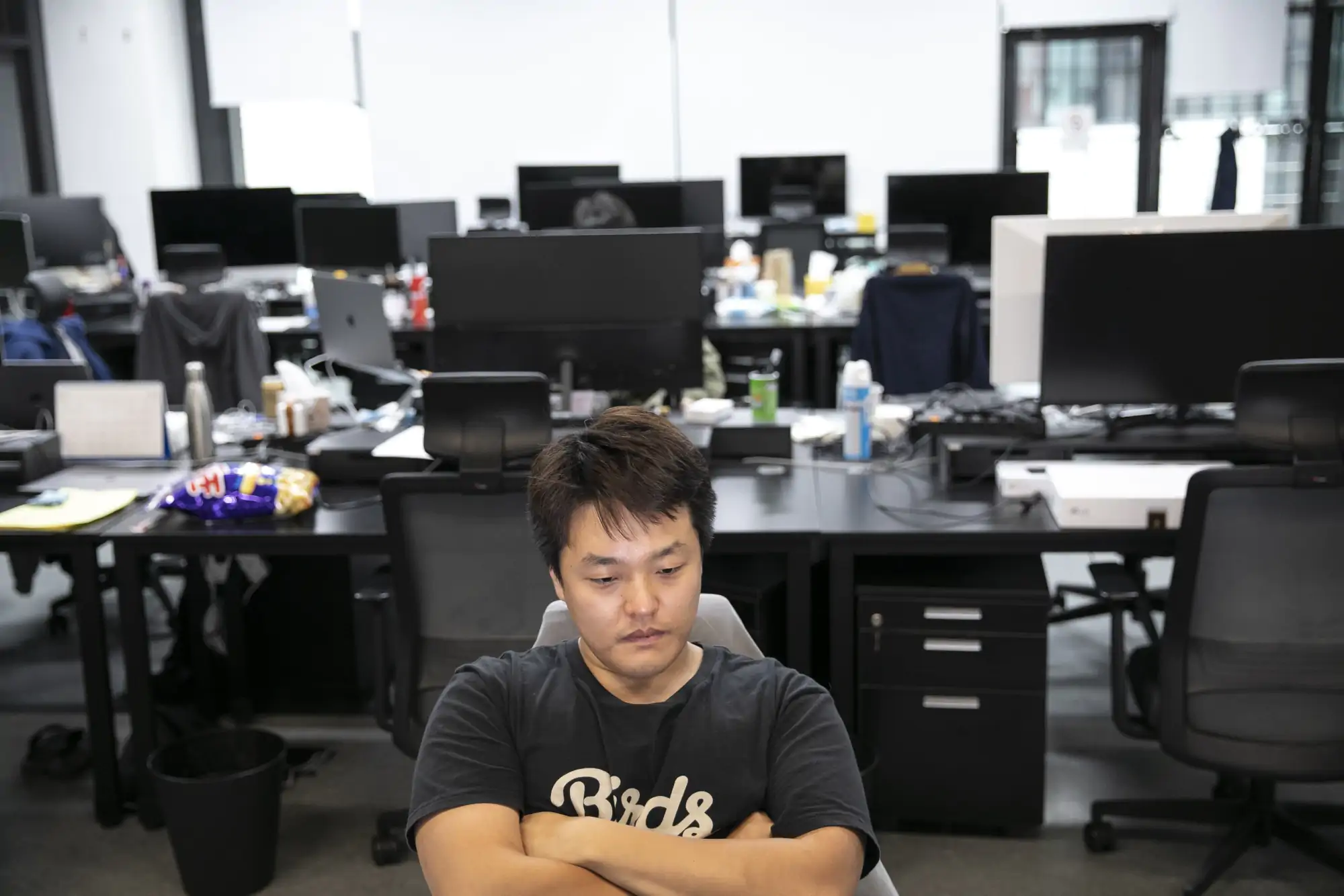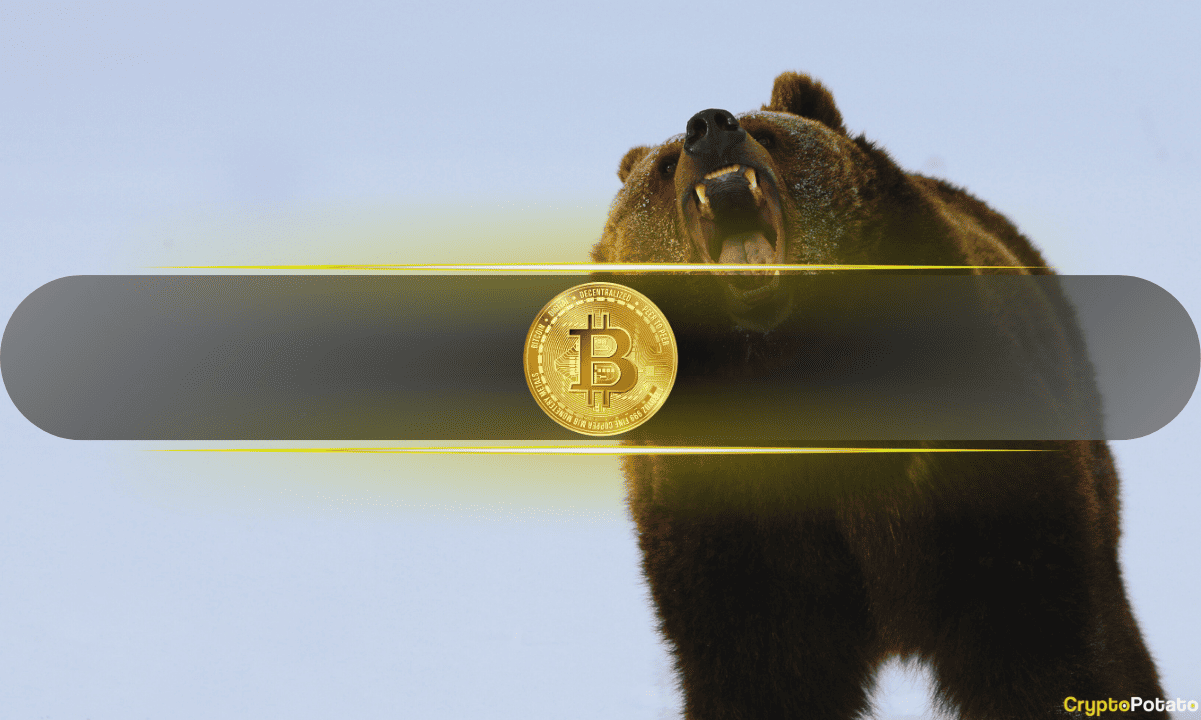Sangmi Cha
Sidhartha Shukla
South Korean Do Kwon presided over one of the biggest busts ever seen in the volatile cryptocurrency sector. His Terraform Labs Pte created the TerraUSD stablecoin, which was meant to have a constant $1 value via a complex mix of algorithms and trader incentives involving a sister token, Luna. Their combined value soared past $60 billion until confidence in the ecosystem evaporated in May 2022, prompting investors to flee and leaving the tokens almost worthless. Kwon’s whereabouts became unclear four months later after South Korea issued an arrest warrant on allegations including breaches of capital-markets law. He denied any wrongdoing and tweeted that he isn’t “on the run.” But he’s also the subject of an Interpol red notice
1. Who is Do Kwon?
Kwon, 31, left Stanford University in 2015 with a computer science degree, according to his LinkedIn profile. He had stints at Apple Inc.Microsoft Corp. before, as he puts it, falling “down the crypto rabbit hole.” Kwon co-founded Terraform Labs in 2018, one of many young coders who saw blockchain technology as a gateway to financial revolution. His project of creating a stable digital currency outside of mainstream finance and regulators wooed a legion of followers but also critics who said it was a doomed Ponzi scheme. At times brash and combative, Kwon trolled naysayers online, telling one critic that the Luna community was not as “poor as your broke ass.” In May 2022, as his project imploded, he he was “heartbroken about the pain my invention has brought on all of you.” He’s at people who see him as an absconder, saying he hasn’t gone running in a while and needs to “cut some calories.”
2. What happened to the TerraUSD stablecoin?
TerraUSD, an algorithmic stablecoin, and its sister token Luna collapsed in May 2022 after swelling in value during a pandemic-era crypto boom. TerraUSD wasn’t backed by dollars or other assets but instead was supposed to be worth $1 because it could be redeemed for $1 worth of Luna, which in turn was meant to increase in value as the Terraform Labs network became more valuable. TerraUSD grew in popularity when Kwon started the Anchor Protocol, which offered an eye-popping 20% interest rate on TerraUSD deposits. But the whole edifice crumbled when investor confidence disappeared amid a selloff in virtual coins. On May 7, 2022, TerraUSD’s peg began buckling when its price dropped to 99 US cents. Terraform Labs dramatically raised the supply of Luna to restore the link, causing the latter’s price to sink. (It was once worth more than $100.) A Bitcoin reserve worth a few billion dollars to stem the spiral: in a matter of days, TerraUSD and Luna were practically valueless.
3. How did Kwon end up a fugitive?
TerraUSD’s implosion shook digital tokens globally, exacerbating a $2 trillion wipeout in crypto market value from a November 2021 peak. That drew the scrutiny of regulators from the US to Asia, as well as law enforcement in South Korea, where some 280,000 people had bought Luna. Lawyers for Luna investors filed complaints with South Korean prosecutors alleging Kwon had engaged in fraud and illegal fundraising. On Sept. 14 2022, prosecutors said an arrest warrant had been issued for Kwon and five others on charges including breaches of capital-markets law. Kwon was thought to be in Singapore, but the city state on Sept. 17 said he was no longer there. Prosecutors on Sept. 26 said Interpol had issued a red notice — a request for police worldwide to locate and arrest Kwon, who has also been stripped of his South Korean passport. In February this year, the US Securities and Exchange Commission accused Kwon and Terraform Labs of fraud. Singapore police subsequently said they had begun an investigation in relation to the company.
4. What is Kwon’s defense?
Kwon’s Terraform Labs rejected the South Korean charges, saying the case against him had become “highly politicized.” The company’s spokesperson said in a statement that prosecutors were acting unfairly and that there was no reasonable basis for accusing Kwon of breaching the nation’s Capital Markets Act because Luna doesn’t qualify as a security under that rubric. Whether Luna is subject to securities law is a key issue in the case and echoes a wider question officials globally are asking about the status of digital tokens. The firm denied Kwon was on the run and said he was in contact via lawyers with the agencies that had asked to speak with him. Kwon and Terraform Labs have yet to comment on the SEC lawsuit. The company didn’t respond to a request for comment about the Singapore police probe.
5. What are the wider implications for crypto?
The Terra fallout likely presages regulations for stablecoins to try to better protect buyers. Investors are also more wary of decentralized finance, or DeFi, which refers to the practice of trading, borrowing and lending tokens on digital ledgers like the one Kwon built. In the US, legislation has been drafted that would ban algorithmic stablecoins such as TerraUSD for two years. In South Korea, the nation’s ardor for digital assets has cooled. More broadly, the losses from Terra have heaped pressure on crypto investors to better assess risk. Billionaire Mike Novogratz, whose Galaxy Digital business had backed Terraform Labs, called TerraUSD a “big idea that failed” and a teaching moment about crypto risk management.
The Reference Shelf
- How the TerraUSD implosion fed into talk of crypto’s Lehman moment
- White House framework for the responsible development of crypto.
- A Bloomberg Big TakeOdd Lots episode with Kevin Zhou of Galois Capital, an early skeptic of Terra’s stablecoin model.
- More QuickTakes on stablecoins, another crypto winter, and what it means if digital assets are labeled securities
- Bloomberg Opinion’s Tim Culpan on why the international game of cat-and-mouse over Kwon is bad for crypto.
- Sam Bankman-Fried’s possible role in the collapse of TerraUSD and Luna.
— With assistance by Joanna Ossinger



 BlocksInform
BlocksInform










